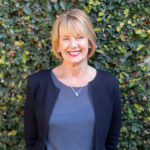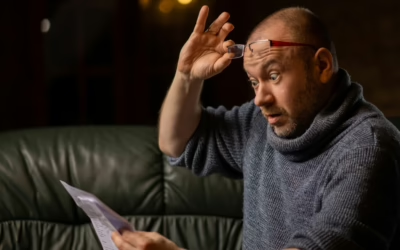While inflation has eased off a little, prices are still increasing annually at a rate of 2.4% according to the latest annual CPI data for 31 March 2025.
Those living on a restricted retirement income are all too aware of the difference that higher prices make to monthly budgets, particularly on items such as insurance, medical visits and pharmaceutical needs.
So it remains surprising that nearly one quarter of all retirees (about one million) are continuing to miss out on significant savings. This was highlighted by General Manager of Services Australia, Hank Jongen, on breakfast TV.
The savings referred to are those which can be accessed by holders of the Commonwealth Seniors Health Card (CSHC). Whilst a Pension Concession Card (PCC) is automatically issued to the two-thirds of retirees who qualify for a full or part-Age Pension (after age 67), the very handy concession card for those who are self-funded tends to slip right under the radar. Which is surprising, as, according to Hank Jongen, it can be worth up to $3000 per annum or $60,000 across a 20-year retirement.




